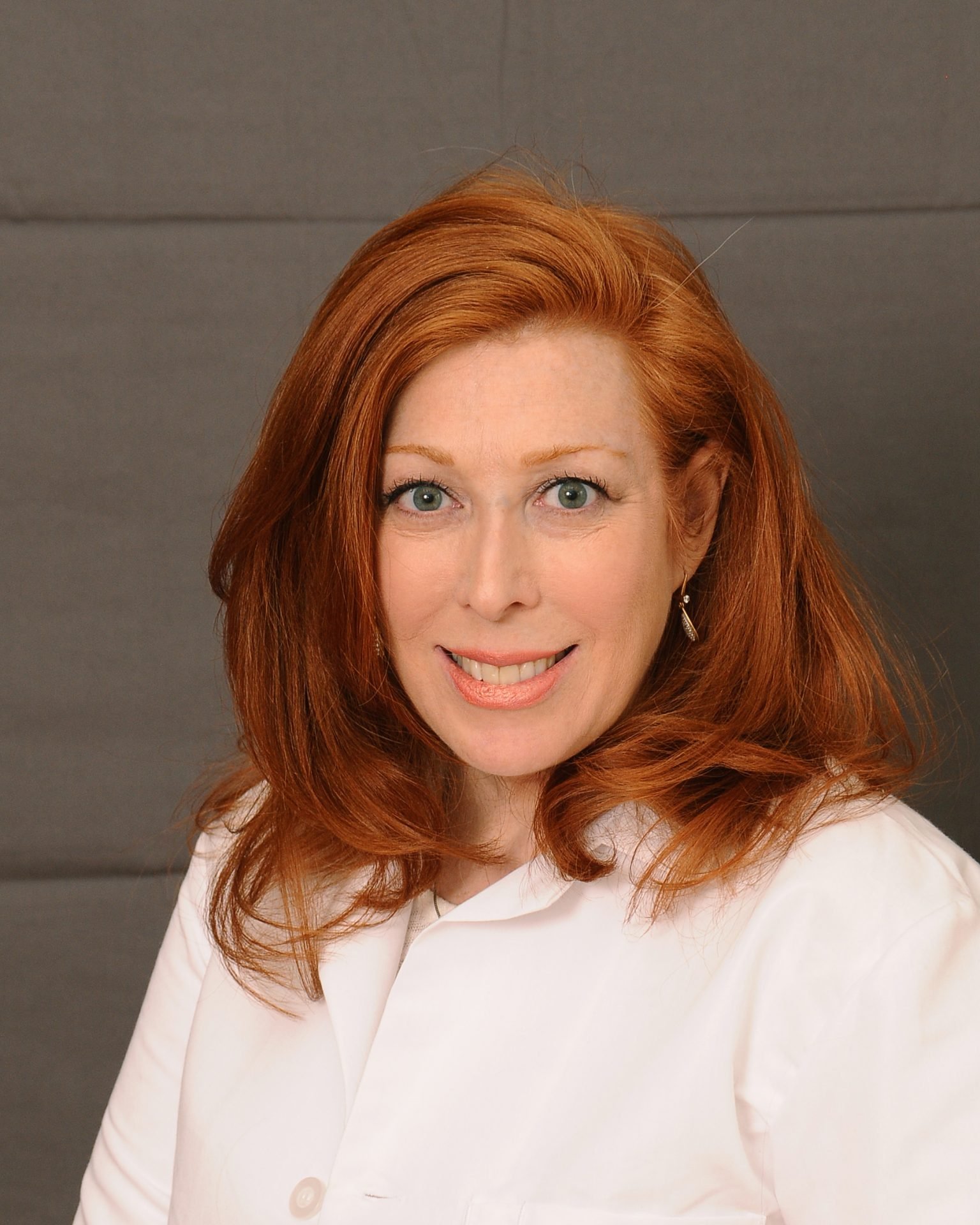Acne! It’s seemingly everywhere, yet no silver bullet exists to cure it, despite years of research, says dermatologist Suzanne Friedler MD.
In fact, more than 50 million people in the United States, including 85 percent of adolescents, have the chronic skin disorder. It is reportedly the reason for some 20 percent of all visits to the dermatologist. And, even the Pharaohs of ancient Egypt experienced it, according to earliest known references to the disease, says Dr. Friedler, a New York physician at Advanced Dermatology, PC and the Center for Laser & Cosmetic Surgery.

“What’s encouraging is the number of novel, increasingly effective – and more tolerable – acne medications that have become available during the past few years, including the possibility in the future of a vaccine targeting the bacterial toxin believed responsible for acne,” says Dr. Friedler, citing a 2018 study published in the Journal of Investigative Dermatology. In the study, scientists report that a toxin released by Propionibacterium acnes (P. acnes), a common bacterium that lives on the surface of the skin, likely induces the inflammation that causes the characteristic inflammatory lesions of acne including papules, pustules, and cysts.
Ongoing scientific work continues to enhance understanding of the disorder and its causes. However, experts generally contend that the onset of acne occurs when keratinocytes (skin cells) and sebum, the oily substance produced by sebaceous glands, plug up the skin’s follicles. Hair follicles are narrow canals connected to sebaceous glands. The follicle blockade prevents sebum from rising through pores to the skin’s surface. The resulting build-up of oil and cells promotes growth of P. acnes leading to an inflammatory response.
Genetics plays a role in acne. Teenagers are at higher risk for the condition if one or both parents had it. Other causes include hormonal changes in both adolescents and adults, especially adult women who are pregnant or in their premenstrual cycle; certain cosmetic products; skin friction from sports equipment or tight-fitting clothes; diet and even stress, Dr. Friedler explains.

“Acne is neither life-threatening nor contagious, but it is a very visible condition that can leave the patient with both physical and emotional scars,” says Dr. Friedler, who advises acne-sufferers to seek the immediate counsel of a dermatologist. “If acne is left untreated or if a person tries to ‘pop’ or pick off acne lesions in an effort to improve appearance, the skin can be left with permanent scars,” she says. “Hereditary factors also make a person more prone to scarring or to unsightly blotches of skin discoloration after the acne lesions have healed.”
In its most severe form, acne conglobata may present with papules, pustules, cysts, and nodules in the skin. As the high levels of inflammation begin to clear, patients may be left with depressed or raised scars on the skin.
As for the disorder’s impact on mental health, Dr. Friedler points to two 2018 studies – one linking acne to a 63 percent higher risk of depression during the first year of the disease (The British Journal of Dermatology) and another to poor self-image and low self-esteem, affecting quality of life (Plos One). Results of a survey presented at an American Academy of Dermatology (AAD) meeting indicated more than two-thirds of respondents considered someone with acne “unattractive.”
AAD physician guidelines for managing acne call for the application of topical retinoids, vitamin A derivatives that regulate the growth of epithelial skin cells. Retinoids such as tretinoin, aldapalene tazarotene, and trifarotene help fight comedones (blackheads and whiteheads) which are the precursors to other acne forms.
Along with retinoids, Dr. Friedler prescribes prescription-strength topicals consisting of sodium sulfacetamide, benzoyl peroxide, azelaic acid, dapsone, and various antibiotics, depending on the case. Oral treatments include new generation antibiotics, hormonal therapies, and Isotretinoin (Accutane). Research has shown oral contraceptives and spironolactone to be effective in women with hormonal acne. Diet and lifestyle modifications can help as well.

For serious or stubborn cases of acne and to speed its resolution, patients may require chemical peels, photodynamic red (light) therapy, or laser therapy. These treatments are also helpful for reduction of post-acne scarring and hyperpigmentation. It can also be done in a clinic or at home using the red light therapy bed.
“The favored approach is one tailored to the severity of the condition, the patient’s skin type, and color and a person’s response and tolerance to specific medications,” she says. “There is no one ‘best’ solution or one-size-fits-all therapy for the condition.”
Although acne cannot be wholly prevented since genetics is often involved, Dr. Friedler suggests these tips for minimizing its intensity:
- Wash the face with a gentle cleanser at least twice a day – morning and evening – and before a workout or strenuous task that causes one to perspire.
- Avoid irritating the skin with scrubs, buff puffs, or harsh astringents.
- Do not pick, pop or try to scrape off acne pimples and nodules. Allow them to heal naturally or with aid of medications
- Use an oil-free mineral sunscreen with an SPF of 50 or higher
- Keep hair and hands off the face and avoid hair and facial products — like mousses, gels, and creams — that contain oil or butter.
- Keep bedding clean by changing bed sheets and pillowcases frequently.
- See your dermatologist for a customized skincare routine
Suzanne J. Friedler, M.D. F.A.A.D., is a board-certified fellow of the American Academy of Dermatology, with expertise in many areas of medical and cosmetic dermatology. She has been with Advanced Dermatology PC since 2002.

Advanced Dermatology P.C. and the Center for Laser and Cosmetic Surgery (New York & New Jersey) is one of the leading dermatology centers in the nation, offering highly experienced physicians in the fields of cosmetic and laser dermatology as well as plastic surgery and state-of-the-art medical technologies. http://www.






